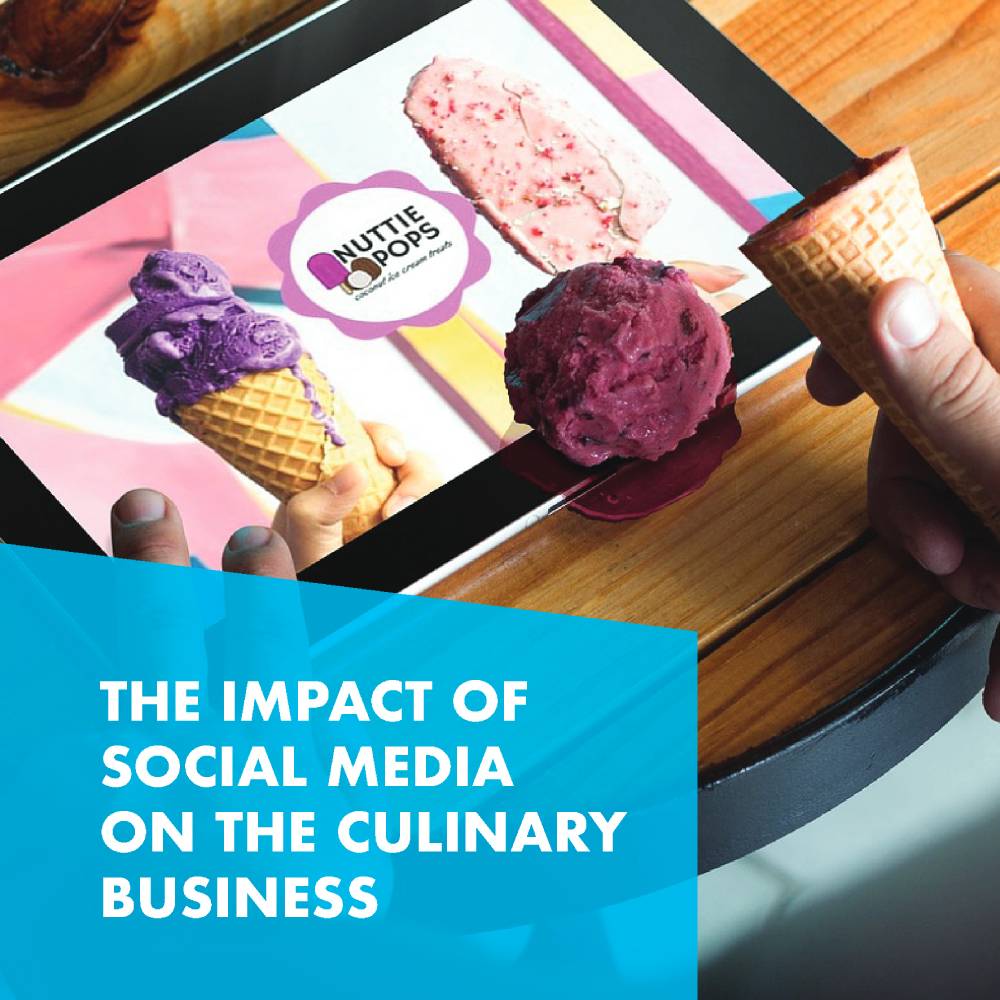
The Impact of social media on the Culinary Business
In the modern digital era, the culinary business landscape has been significantly transformed by the emergence of social media platforms. From Instagram-worthy food photos to viral cooking videos, social media has revolutionized how culinary businesses market themselves, interact with customers, and even shape food trends. This article delves into the profound impact of social media on the culinary industry and explores how businesses can leverage these platforms to create a recipe for success.
-
Visual Feast: Food Photography and Instagram Culture
One of the most notable impacts of social media on the culinary business is the rise of food photography and the visual culture surrounding it. Platforms like Instagram have turned ordinary dishes into works of art, encouraging chefs and culinary entrepreneurs to focus not only on taste but also on presentation. Captivating food photos can attract thousands of likes, shares, and comments, effectively acting as free advertising for restaurants, cafes, and food products.
-
Influencer Partnerships: Digital Word-of-Mouth Marketing
Social media influencers have become powerful allies for culinary businesses. These individuals have amassed substantial followings that trust their opinions and recommendations. Collaborating with influencers can result in exposure to a highly engaged audience, generating buzz around a particular culinary establishment or product. Authentic endorsements from influencers can translate into increased foot traffic and sales.
-
Global Reach: Breaking Geographical Boundaries
Social media has eliminated geographical barriers, allowing culinary businesses to reach a global audience. A small local bakery can now showcase its delicacies to potential customers across continents. This has enabled culinary entrepreneurs to share their unique cuisines and culinary experiences with the world, fostering a sense of cultural exchange and diversity within the industry.
-
Interactive Engagement: Building Customer Relationships
Social media platforms provide a two-way communication channel that allows culinary businesses to directly engage with their customers. Responding to comments, addressing concerns, and even sharing behind-the-scenes content can create a more personal and interactive relationship with the audience. This engagement not only boosts customer loyalty but also provides valuable insights for improving products and services.
-
Trendsetting: Viral Food Challenges and Trends
Social media has the power to turn a humble dish into a worldwide trend almost overnight. Viral food challenges, such as the ice bucket challenge or the cinnamon challenge, can propel certain foods into the spotlight, leading to increased demand and creativity in the culinary industry. Businesses that stay attuned to social media trends can capitalize on these opportunities to attract new customers and generate excitement.
-
Direct Marketing and E-commerce Integration
Platforms like Facebook, Instagram, and Tik Tok have integrated e-commerce features, allowing culinary businesses to directly sell their products through these platforms. This seamless integration simplifies the purchasing process for customers and enables businesses to diversify their revenue streams beyond their physical locations.
The impact of social media on the culinary business is undeniable. From elevating food photography to fostering global connections and enabling innovative marketing strategies, social media platforms have reshaped the industry in profound ways. Culinary businesses that harness the power of these platforms can enhance their brand visibility, engage with customers, and drive growth in an increasingly competitive market. Just as a chef carefully selects ingredients for a recipe, businesses must curate their social media presence to create a successful blend of flavors that resonates with their target audience.
International Culinary Business at Swiss German University is a good way to start getting a lot of knowledges for kitchen and pastry industry, International Culinary Business also is a good way to start focus building a career as a culinary entrepreneur and will bring you how to make your own restaurant or culinary business in the future.
The knowledge of Restaurant Business for details you will get this knowledge on 5th Semester, not only knowing the theory but also Swiss German University will bring you to the practical. Swiss German University is the first and only offer a double degree program in Culinary Business in Indonesia. IMI ( International Management Institute Switzerland ) as a partner of Swiss German University, will bring you to Switzerland to study, get a wonderful experiences, get a wonderful relations, expand you skills and knowledge towards advanced skills, and get a double degree program.
Contributor: Brand Champion
Diva Salma Rismala Putri – International Culinary Business 2020
About SGU
SWISS GERMAN UNIVERSITY (SGU) is an international university in Indonesia, was established in 2000 as a joint effort between Indonesia, Germany, Switzerland, and Austria. We are the pioneer in offering international curricula in Indonesia. Qualified students can graduate with a Double Degree from Indonesia and Germany, which SGU provides in cooperation with partner universities; surely a valuable tool for your future careers. Ever since its establishment, SGU has been dedicated to delivering quality education in line with international standards and aims to develop skilled professionals who meet the demands of the industry. In order to achieve its objectives, SGU offers quality-oriented learning through 14 Bachelor’s Degree Programs and 6 Master’s Degree Programs ranging from Engineering, Information Technology, and Business to Life Sciences and Social Sciences. Furthermore, with small class sizes, and with English as the medium of instruction, you can look forward to pursuing your tertiary education and degree with full confidence.

